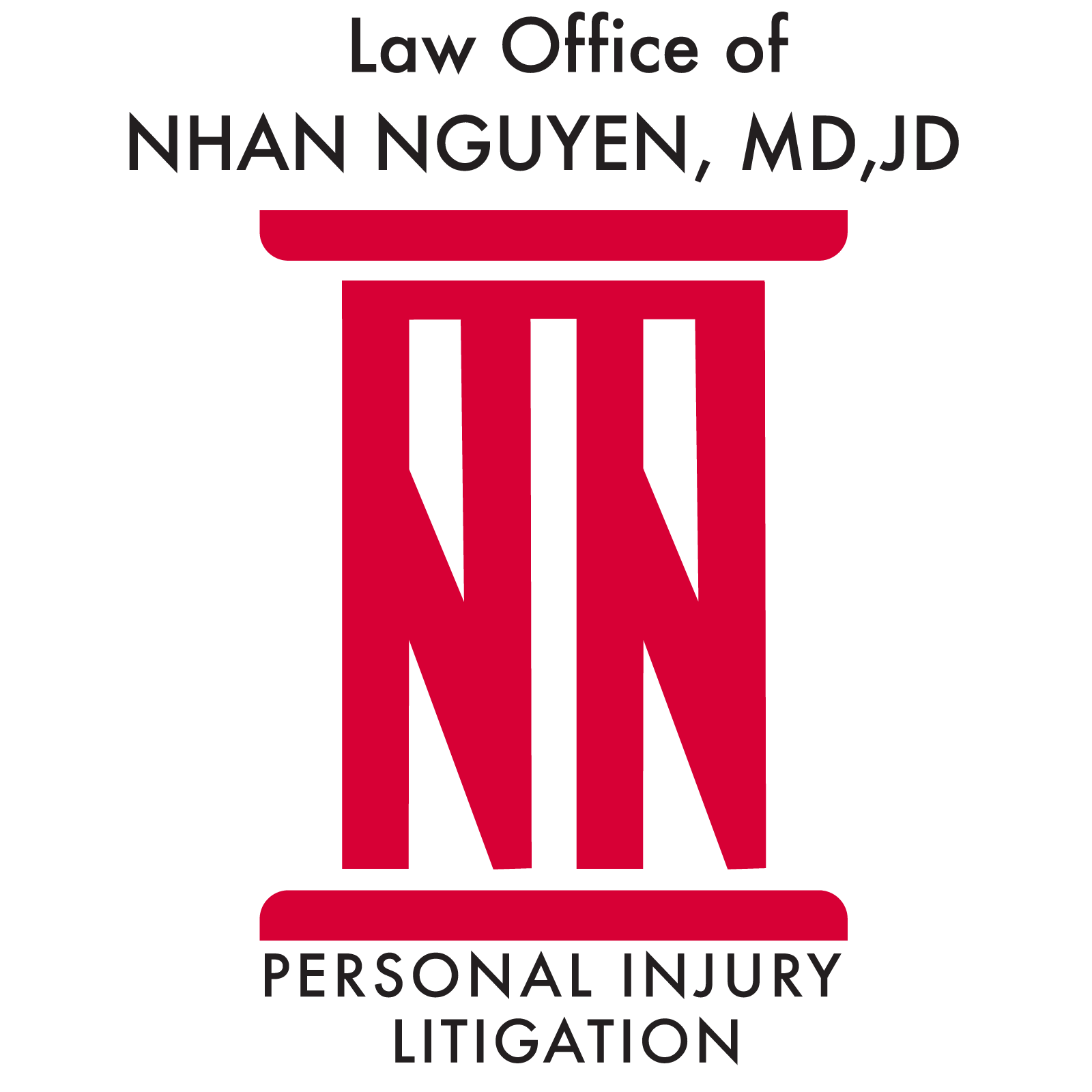When a family member is no longer able to live independently, assisted care facilities and nursing homes are meant to provide a secure environment in which they can receive the assistance they need. We put our faith in the staff and administrators at these facilities to provide care, support, and comfort, but nursing home abuse can and does happen. Our Houston personal injury lawyers have outlined the five types of nursing home abuse, as well as the warning signs that it’s happening, to help you better protect your loved ones.
Physical Nursing Home Abuse
When someone purposely causes pain or injury to another person, such as by hitting, pushing, shaking, or kicking them, this is known as physical abuse. Restraining someone is also a form of physical abuse. Among the warning signs include:
- Bruises and lacerations
- Head injuries
- Sprains or broken bones
When employees blame injuries on clumsiness or unexplained falls and accidents, it is a red flag that should be investigated right away.
Emotional Abuse
This is the most common form of nursing home abuse, in which staff members purposefully cause emotional distress in order to gain control. Bullying, humiliating, or intimidating the person, as well as isolating them from visitors and other people, are all examples of emotional abuse. While this is more difficult to detect, warning signs include:
- Depression
- Anxiety
- Withdrawal from others
- PTSD symptoms
- Fearfulness
- Agitation
Sexual Abuse
Sexual abuse is defined as any sexual contact or exposure that occurs without consent or with someone who is unable to provide informed consent. This occurs more frequently than many people realize, especially among nonverbal people. Among the warning signs include:
- Pelvic pain and bleeding
- Recurring urinary tract infections
- Bruising
- Sexually transmitted infection or disease
- PTSD symptoms
- Withdrawal
Financial Abuse
The improper or illegal use of an individual’s assets, money, or property is referred to as financial abuse. Theft of belongings, as well as coercion of residents or patients to give them money or sign documents giving them access to assets, are common in nursing homes and assisted living facilities. The following are signs of financial abuse:
- Missing items
- Unexplained credit card charges
- Forged checks
- Unexplained money withdrawals
- Identity theft
We recommend appointing someone to monitor financial accounts on a regular basis, such as a designated family member or even a personal injury attorney in Houston.
Nursing Home Neglect
Nursing home neglect is also becoming more prevalent. Even if many facilities are understaffed, this is no excuse for failing to meet the basic needs of their residents and patients. Neglect manifests itself in the following ways:
- Dehydration
- Malnutrition
- Bedsores
- Poor hygiene
- Dirty bedding or living areas
- Secondary infections
- Accidents and injuries due to not having assistance
Recognizing Additional Signs of Nursing Home Abuse

There are other red flags to look for, such as not being allowed to see or speak with a loved one or sudden, unexplained changes in personality or behavior, in addition to the signs of nursing home abuse listed above. It’s also crucial to trust your instincts and investigate further if you suspect something is wrong.
If you suspect nursing home abuse, call 911 if you believe your loved one is in immediate danger; otherwise, report your concerns to Adult Protective Services, who will conduct an investigation. They may also have other reports against the nursing home facility and will have more information with which to act. If you believe a loved one is a victim of nursing home abuse or nursing home is in breach of the standards of care, contact a Houston law firm at West Loop Law and the Law Office of Nhan Nguyen, MD, JD right away to discuss your legal rights.
Nhan Nguyen, MD, JD, and Nader Rabie, JD are here to help you make the most informed decision possible when selecting care for a loved one. Call us today at (713) 840-7200 to discuss your case.


Recent Comments